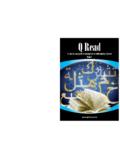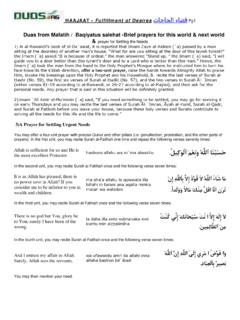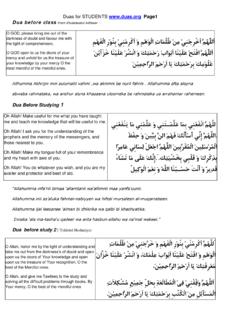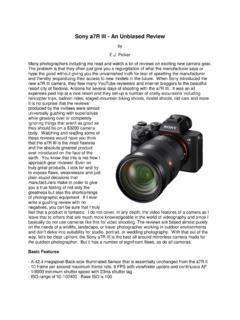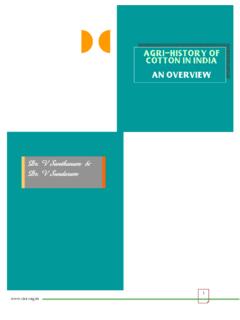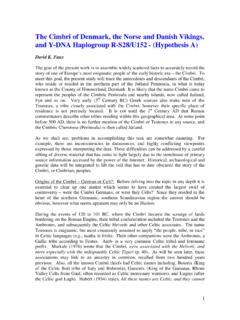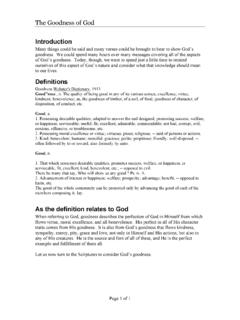Transcription of for Days of the Week - Dua - Supplications - Prayers
1 Asmaul HusnaYaaLateefuYaaQaabidhuYaaMuta'aaliYa aRazzaquYaaNooruYaaFattahuYaaGhaniyyuMon dayTuesdayWednesdayThursdayFridaySaturda ySundayfor days of the THE MERCIFUL AR-RAHMAN1 CONTENTS ASMAAUL HUSNA FOR EVERY DAY OF THE week .. 1 SUNDAY .. 2 MONDAY .. 6 TUESDAY .. 10 WEDNESDAY .. 15 THURSDAY .. 20 FRIDAY .. 24 SATURDAY .. 28 SUMMARY .. 33 ASMAAUL HUSNA FOR EVERY DAY OF THE week Day of the week Name of Allah Sunday Al_Fattah Monday Al_Lateef Tuesday Al_Qaabidh Wednesday Al_Muta aali Thursday Ar_Razzaaq Friday An_Noor Saturday Al-Ghaniyy SUNDAY AL_FATTAH the ism recommended for Sunday, the first day of the week . It is recommended to recite it 489x after Salatul Fajr. Its benefits are that one will be victorious in all tasks. Also recite it 70x with your hand on your chest to remove the veils of the heart. In Arabic, fataha, the verb, means "opened," and miftaah means key, whereas fath means victory or conquest.
2 It also means: to arbitrate between two opponents. "Istiftah" means: seeking help or achieving victory. "Al-Fattah" is a superlative of al-fath. It means a combination of several things. 1. To say that Allah is al-Fattah is to say that He is the One Who judges between His creation as He says in the Qur an in Suratul A raaf, aya 89 "Lord! Decide between us and our people with truth, and You are the best of those who decide". 2. It also means the One Who grants victory. 3. Al-Fattah is also the One Who opens deadlocked matters and issues, Who reveals the truth, Who simplifies whatever seems to be complicated, Who controls the affairs of the heavens and the earth just as He says in Suratul An aam, aya 59: "And with Him are the keys of the unseen treasures: none knows them but He, and He knows what is in the land and in the sea". So He is the One Who opens what is closed and Who has the keys to everything.
3 He is the one Who grants victory. He opens the closed hearts and fills them with His light, so they are at peace and are able to achieve success. When we apply Al-Fattah to our lives it inspires good manners where no-one loses out, where one is just in all affairs. One who tries his/her best in all matters and then is content with what Allah has decreed for him/her. For contentment is a treasure that never lessens. The Prophet (pbuh) was once passing through a street in Madina when he saw some youths engaged in a contest of lifting a heavy stone. The Prophet (pbuh) asked if they would like him to be the judge of who was the winner of them all, the one who was victorious. They eagerly agreed. Then the Prophet (pbuh) said: To prove who is the strongest, there is no need to lift the stone. I can say that the strongest person is he who can control his desire to sin.
4 Such a person is surely the winner." A story is related about Puryaye Vali who is considered a great world champion as well as a symbol of manliness and bravery. Once he visited another country for a wrestling contest with its champion. In the street he came across an old woman who was offering people sweets as charity and asking them to pray for her son. She approached Puryaye and offered him the sweets. He asked her what they were for. She said, "My son is a wrestler who is being challenged by a champion from another country. We live on the income he gets from wrestling matches and if he loses this contest we will have nothing to live on." Puryaye says he was at cross roads whether to show his strength or manliness at the contest the next day. Although he was far stronger than his opponent he wrestled in such a way as to let his opponent win. He says that at that moment he suddenly felt as though his heart had been opened and he was surrounded with peace and contentment.
5 Imam Ali (pbuh) has said that the strongest person is he who has conquered his desires. It is therefore he/she who is the one who has won; who has adopted Al-Fattah into his/her life. MONDAY The ism recommended to recite on Monday is AL_LATEEF 129x. In essence it means The Subtle one. "Al-Lateef" is one of Allah's Attributes derived from extreme kindness and compassion in a way which no human faculty can ever comprehend. Al-Lateef continuously pours His blessings on His servants; His actions are always khayr (good).. It also means the One Who cannot be sensed by human senses or those of all other beings, Who knows all hidden Al-Lateef removes the clouds of His anger and is kind towards His ibaad even in matters related to His decree; He gently makes His ibaad reach their goals through His Rahma. Even when they are not aware of it. It is Al-Lateef who makes easy everything that is difficult, Who joins everything broken.
6 One of the signs of His Lutf towards His ibaad is that He has given them more than enough and required them to do less than what they can, thus making the achievement of eternal happiness attainable during a short period of time, one's life-span, which is too short to be compared with the eternity of the hereafter. Al-Lateef is one who hides one thing in another. The best of foods- honey is derived from a bee. The best of cloth is derived from the saliva of a silk worm and the pearl is derived from the oyster. The best example is in the story of Prophet Yusuf (pbuh). Allah, for example, hid for prophet Joseph the prominence of authority in the veil of slavery until he himself said: ".. surely my Rabb is Lateef to whomsoever He pleases; surely He is the Knowing, the Wise" This is aya 100 of Suratu Yusuf. Let s look at the story - Prophet Yusuf (PBUH) once dreamt that eleven stars and the sun and moon were doing sajda to him.
7 He told the dream to his father. Prophet Ya'qub (pbuh) realised that the dream showed his son s greatness and advised him not to tell his brothers about the dream. The brothers of Prophet Yusuf (pbuh) were very jealous of him and one day put him into a well. There he was found by a group of traders who found him and sold him as a slave to the governor of Egypt who took him home telling his wife Zulaykha that they would adopt him as their son. Things did not work out as Potifar had intended and Zulaykha did not see Prophet Yusuf (PBUH) as her son. To restore peace in his household, the governor imprisoned Prophet Yusuf (pbuh) despite his innocence. The governor had a dream which troubled him and no-one could interpret it until someone who had been with Prophet Yusuf (pbuh) in prison told him about Prophet Yusuf (pbuh). The governor released him from prison announcing that he was innocent and Prophet Yusuf (pbuh) told him the meaning of his dream and thus making Egypt successful.
8 Prophet Yusuf was made chief of Egypt and there cam a time when he was re-united with his parents and brothers who did sajda thus making true the dream of Prophet Yusuf (pbuh) It is at this moment that he said:.. surely my Rabb is Lateef to whomsoever He pleases; surely He is the Knowing, the Wise . Allah mentions this in aya 100 of Suratu Yusuf. To adopt Al-Lateef in our lives we must first have a goal on mind. The pleasure of Allah, by extension Janna. Then to work towards it drawing strength from AL-Lateef knowing that in the difficult times the outcome will always be khayr (good) if we ensure that we have done our best and done everything in the right way to the best of our ability. TUESDAY The ism recommended for Tuesday is AL_QAABIDH. It is recommended to recite this 1003x after Salatul Fajr. Linguistically, qabdh, root verb of "al-Qaabidh," means: to take, hold, seize, grip, catch, handle, and the like.
9 It is the holding of something with the hand such as a sword's handle, etc. It is meant as a way to forcefully take control of something or someone. WheniIn Suratul Baqara, aya 245, Allah says: ".. and Allah constricts and " it means He constricts, withholds, His sustenance of some while amplifies (expands) it for others. Al-Qaabidh is the One Who causes the souls to be taken away from their bodies, their temporary homes, at the time of death. The angel who takes the souls away ( the qaabidh) is Israail. Al-Qaabidh is the One Who unveils His Glory to you, so He protects you; He is the One Who makes you fear being far from Him. Al-Qabidh is the One Who controls the entire cosmos. It is Al-Qaabidh who constricts you to be able to get the best out of you. A man found a cocoon of an emperor moth. He took it home so that he could watch the moth come out of the cocoon.
10 On that day a small opening appeared, he sat and watched the moth for several hours as the moth struggled to force the body through that little hole. Then it seemed to stop making any progress. It appeared as if it had got as far as it could and it could go no farther. It just seemed to be stuck. Then the man, in his kindness, decided to help the moth, so he took a pair of scissors and snipped off the remaining bit of the cocoon. The moth then emerged easily. But it had a swollen body and small, shrivelled wings. The man continued to watch the moth because he expected that, at any moment, the wings would enlarge and expand to be able to support the body, which would contract in time. Neither happened! In fact, the little moth spent the rest of its life crawling around with a swollen body and shrivelled body and shrivelled wings. It never was able to fly.

